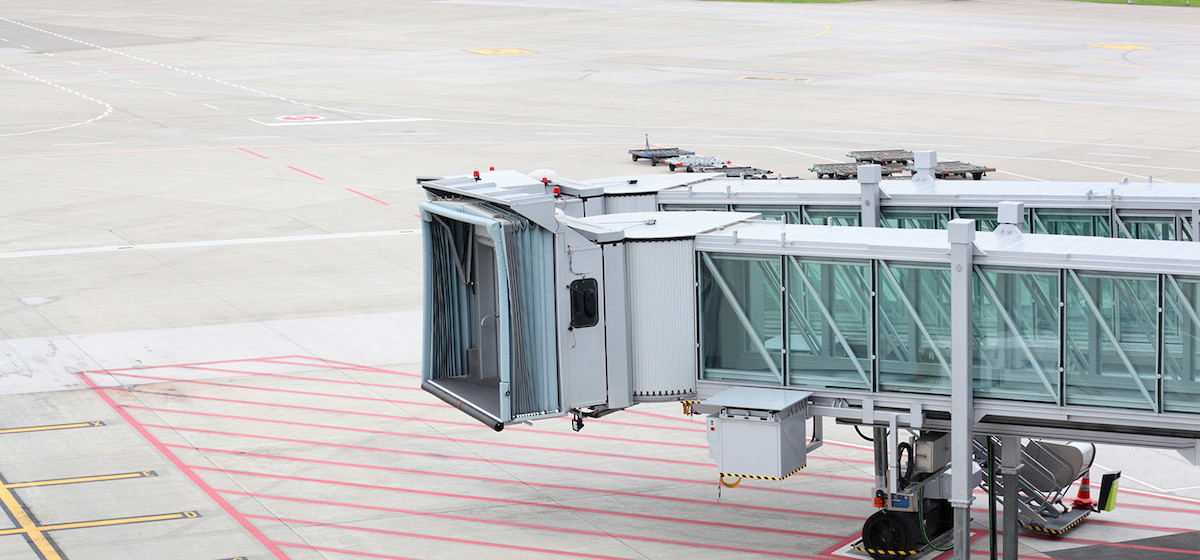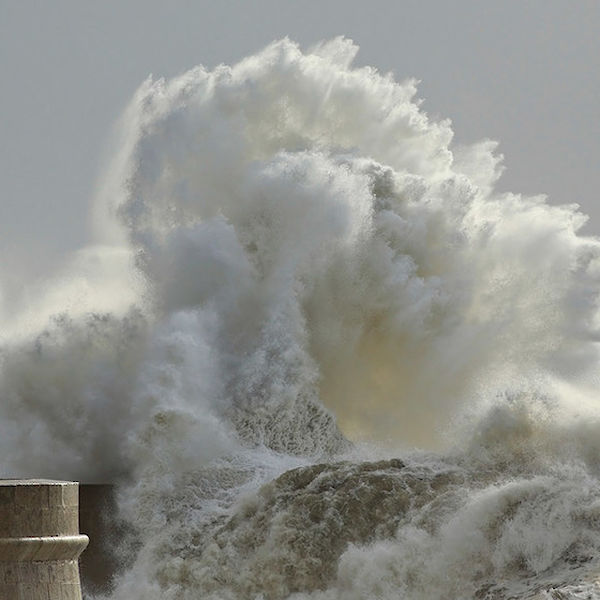Common Carrier Strikes & Travel Insurance
Last updated on 03/28/2023

What happens if your flight is canceled due to a strike? When an airline or other travel supplier goes on strike, it can, of course, have a massive impact on travel plans. There is a good reason for concern, as recent carrier strikes have left many leisure and business travelers to deal with significant delays and costly itinerary changes.
- Air France estimated the impact of the multi-month air-traffic controller strike to be over $473 million
- A dockworkers strike in San Juan left 2000 cruise passengers stuck and unable to retrieve their luggage in December of 2018
- Over 900 flights were canceled when Baggage Handlers at Brussels Airport went on strike in October 2018
Not only will a strike sorely inconvenience those who have tickets booked with those carriers, but other travelers might feel the pinch as well. As travelers who are now disenfranchised scramble to find bookings on other flights, airports and nearby hotels fill up with stranded travelers, leading to growing lines and thinning patience. Travel insurance won’t alleviate the headache of dealing with delays or cancellations caused by a strike, but buying the right coverage may help protect travelers against unexpected out-of-pocket expenses.
Does Travel Insurance Cover Strikes?
Travel insurance can certainly help in the event of an airline strike but, as with all travel insurance coverage, it's important to understand the role of the insurance policy in mitigating any strike-related issues, and when these benefits may or may not apply. By purchasing a comprehensive travel insurance policy that includes coverage for unannounced strikes, you may be covered for travel delays, cancellations or interruptions that come up thereafter. All of this assumes, however, that you've purchased your travel insurance policy while the strike was still an "unforeseen event."
Covering Your Unexpected Travel Expenses
In general, travel delay coverage will work very similarly to the way it would work given any other covered scenario involving a lengthy delay or cancellation. If a covered strike delays your travel plans by an extended period of time as defined in your policy (usually it's 6 hours or more), you may be eligible for reimbursement for food, lodging, and additional transportation costs you might have incurred as a result of being delayed.
Protecting Your Trip Cost
Despite a carriers best efforts, a large portion of your trip may be interrupted by the strike causing you to cut your trip short or, in some cases, cancel entirely. Trip interruption coverage can provide assistance for travelers who are delayed for an extended period of time, typically 12-24 hours. Each plan is different, but if the airline strike causes a delay and you are stuck waiting up to 24 hours or longer, you may qualify to cancel your trip and be reimbursed for your pre-paid, insured trip costs.
If the strike requires you to re-book tickets on another carrier altogether, you may be able to file a claim with your insurance provider for help reimbursing some or all of the cost of that additional ticket, depending on your policy limits. Additionally, if the airline or other carrier didn't reimburse you fully for the tickets you lost due to their strike (which does happen on occasion), travel insurance policies would operate on a "make-whole" philosophy. Depending on your plan and policy limits, this means insurance policies may offer reimbursement for the difference between what you've paid and what the airline refunded back to you.
Understanding Travel Insurance Limitations for Strikes
When travel insurance refers to "known perils," it really means that it's not going to cover you for something that could reasonably have been expected to happen. We most often talk about "known perils" in relation to weather events, like named tropical storms, but the term also applies to airline strikes. Just as a storm is considered a "known peril" once tracked on meteorological radar, a carrier strike can be considered a "known peril" once there's been an announcement that a labor dispute may be imminent.
If you follow the news at all, you're probably aware that many possible strikes in any industry are publicized days, or even weeks, before it actually occurs. Once that happens, the strike is no longer considered an "unforeseen event," but rather a "known peril." Even if you're unaware that your carrier has declared the possibility of a strike when you purchase your travel insurance, the fact is that the travel insurance company is fully aware, and they are no longer going to be extending benefits to customers who purchase after that announcement has been made.
What Can Travelers Do to Protect Themselves?
The best thing to do, given these parameters, is twofold: First, make sure to purchase your travel insurance policy as soon as possible after making your initial trip payment. Doing so will often provide the most benefits and coverage options. Secondly, be mindful of any news surrounding potential travel suppliers before you secure your booking. If you book your travel with a carrier who has not announced any imminent strikes and immediately follow up by purchasing a suitable comprehensive travel insurance policy, you should be protected from any labor dispute that may come up thereafter.
Disclaimer: The information contained in this article serves as a general overview of benefits and should only be used for informational purposes. Refer to your individual certificate of insurance for specific coverages, exclusions and benefits. When in doubt, please contact one of our licensed agents for additional assistance.


